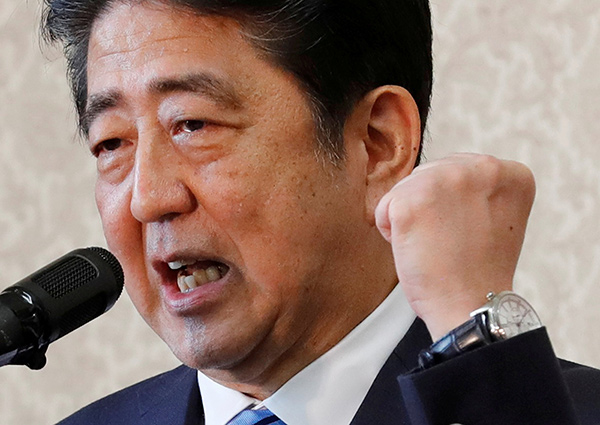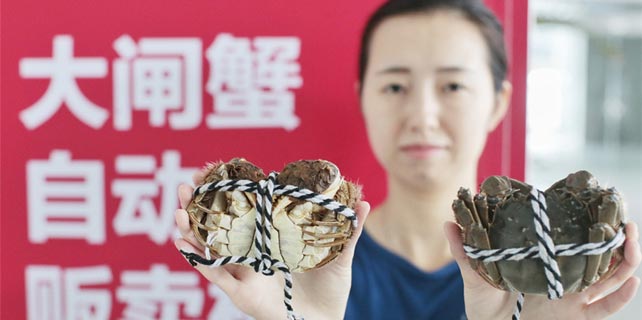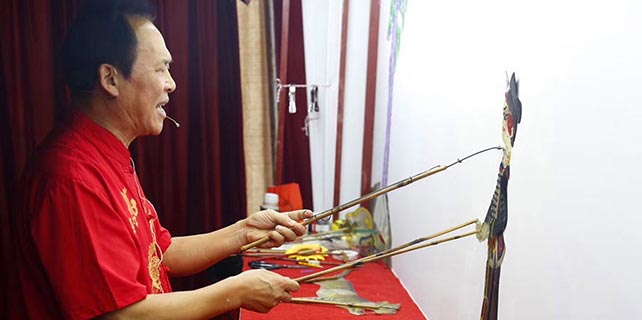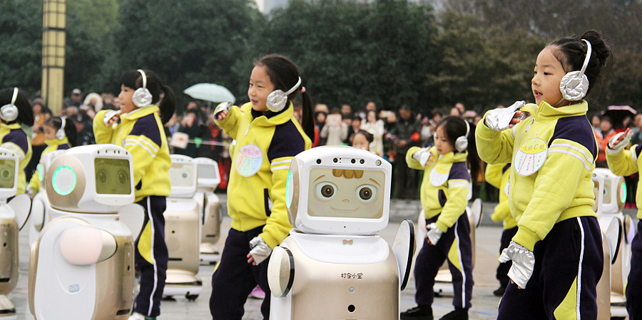Japan's PM calls snap election as opposition parties look to join forces
 |
|
Japan's Prime Minister Shinzo Abe makes his fist as he speaks to his party's lawmakers at the party lawmakers' meeting, after the dissolution of the lower house was announced at the Parliament in Tokyo, Japan September 28, 2017. [Photo/Agencies] |
TOKYO - Japanese Prime Minister Shinzo Abe on Thursday dissolved the more powerful lower chamber of Japan's bicameral parliament and called a general election as a number of opposition parties have held talks about ways they could collaborate to better take on Abe's ruling coalition.
The general election will be held on Oct 22, with official campaigning set to start on Oct 10. Abe dissolved the lower house as soon as it convened at noon (local time) for an extraordinary session.
The lower house speaker on Thursday read the official declaration to dissolve the chamber while a number of opposition members boycotted the session as some of them believed Abe was avoiding debate over accusations of influence-peddling scandals he is currently involved in.
Much to the chagrin of opposition parties, Abe made no policy speech, shirked any parliamentary debate and held no press conference afterwards.
Not holding an extraordinary Diet session, along with irritating the opposition camp saw one member of the Japanese Communist Party recently stating that not only had the opposition camp insisted the government convene an extraordinary session based on a constitutional provision, but dissolving the lower house without holding any session would violate the constitution.
The overall timing of the dissolution and calling of a snap election, observers have said, is to not allow the opposition camp enough time to fully prepare for the upcoming general election.
However Tokyo Governor Yuriko Koike's newly-formed Party of Hope may see an effective merger with the main opposition Democratic Party to better stand against the ruling Liberal Democratic Party-led (LDP) bloc in the upcoming campaign.
The newly-formed Party of Hope was initially planning to field around 100 candidates nationwide in the upcoming polls, which is not enough numerically to force a change in government, as is the party's eventual aim.
Democratic Party leader Seiji Maehara, just three weeks into his tenure, has had to contend with disunity and defections from his party, but on Wednesday intimated that his party may allow its candidates to run under Koike's banner in the election, while possibly joining forces with the minor opposition Liberal Party, headed by political heavyweight Ichiro Ozawa.
When factoring in a potential hefty quota of candidates inherited from the Democratic Party, the opposition allies could then forge some serious headway on its nationwide campaign, that Abe's coalition has not itself prepared for.









